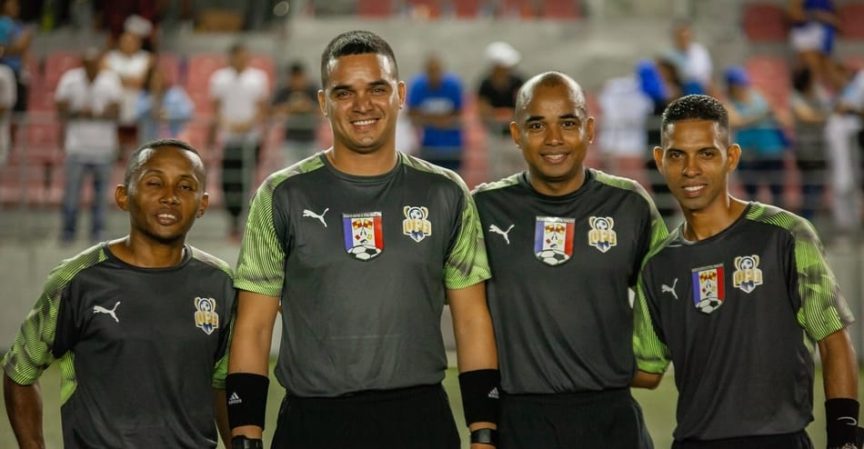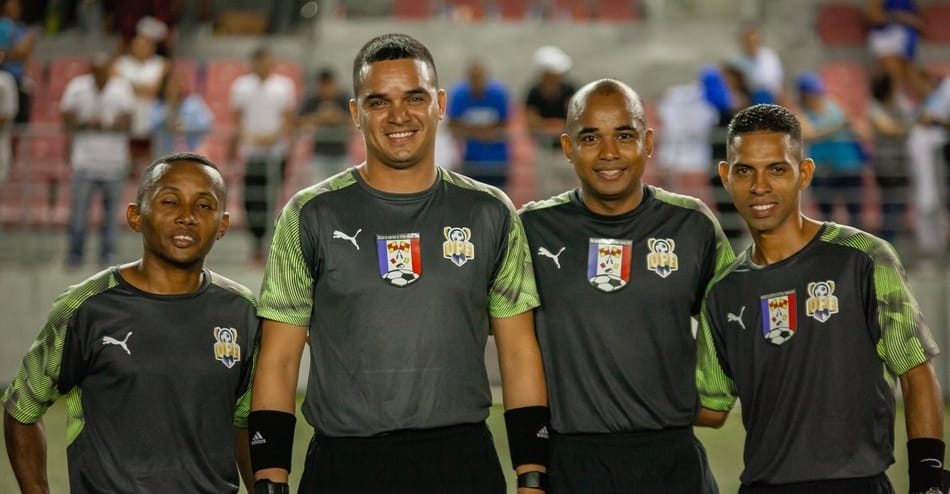
As a long time soccer enthusiast, I have always thought about why the clock in soccer games seem to never stop. It might be something hard to understand for fans of other sports like Basketball and American Football where there countless rules that talk about how time should be managed during the game.
So, when does the referee stop the clock in a soccer game? The clock in a soccer game only stops at halftime. In professional games, each half has a duration of 45 minutes plus the added time at the end of each half to make up for the time lost when the clock kept running even though nobody was actually playing.
In other sports, the clock usually stops when the player or the ball is out of bounce. There also exist timeouts that can stop the clock. This exists in indoor soccer but not field soccer, it’s a lot simpler. The closest thing to this in soccer is the recently incorporated “cooling breaks”. However, time doesn’t stop on these breaks either. Make sure to keep reading to understand how time management in soccer works.
Why time never stops?
I could tell you that the time never stops because there are no laws in the rule book that regulate how and when it will stop. The rules only say that there will be two halves of 45 minutes each. However, I know that what you really want to know is why are the rules like this? Does this even make sense?
I think every person that loves soccer is aware that this is not something normal. With that said, I truly believe it is made in this way on purpose. Making the clock run without stopping until halftime is the simplest way to do it and maybe what sounded more logical back in the 1800s when soccer was born.
However, if there would have been a problem with time running stop-less they would’ve probably changed the rules a long time ago, right?
So, why the clock in soccer never stops? The main reason why time in soccer never stops is that the essence of soccer is to make the game as fluent as possible. Also, it helps the end of the game to be unpredictable. This makes the game considerably more emotional.
I’m also a Basketball and American Football fan, but sometimes these sports become too predictable at the end of the games because you know that when the clock reaches cero the game automatically ends. It limits the options of the losing teams to make a comeback.
In soccer, it doesn’t work that way. When the time reaches 90 minutes the game won’t stop automatically. The game stops when the referee says so.
You might be thinking that this is crazy. What if a referee wants the losing team to score and won’t stop the game? Isn’t this unfair? Unfortunately yes, and it has happened a lot. However, it is not that easy, everyone in the field is watching the time and judging if the extra time given by the referee (stoppage time) was fair. I’ll tell you later what stoppage time is.
It makes the game more passionate
It is true that the way time is managed in soccer has some negative aspects, but I would say there are more positive things than bad ones. It definitely contributes the game to be more passionate. Apparently, it has worked well as soccer is considered to be the most popular sport in the world.
Passion has a lot to do with it. Remember we are emotional creatures and we love everything that makes us feel emotions. I wrote an article about 17 Reasons Why Soccer is the Most Popular in the World. I’m completely sure the way time is managed in soccer has to do with that.
I think that what makes soccer beautiful is that it is perfectly unperfect. It’s not about perfecting the rules. It’s beautiful to see how a game that is so simple to understand generates so much happiness in people.
Law #7
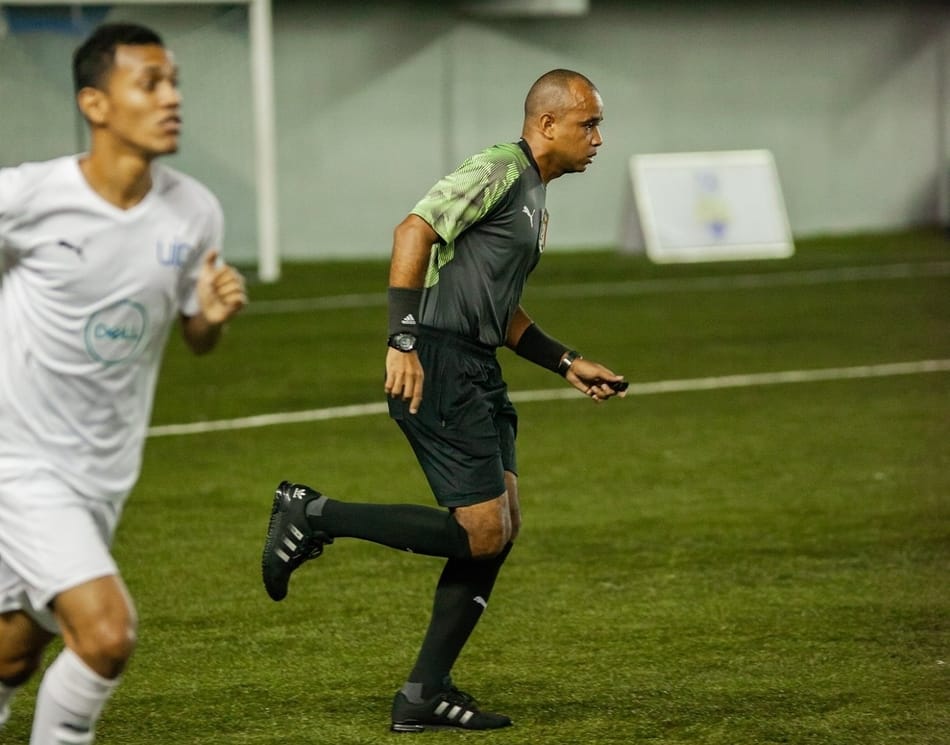
Now let’s get technical. Everything about time in soccer is located in law #7 of the rule book. According to this law, the game is played in two equal halves of 45 minutes. Between each half, the players will have a maximum rest time of 15 minutes. This means that the clock in soccer only stops for 15 minutes at half time.
Section three of this law talks about the allowance for time lost. This rule is extremely important to compensate for the fact that the clock never stops in soccer. The clock won’t stop but there are game situations that will make the game stop like an injury, time-wasting, substitutions, among others, in which the clock will keep running even though nobody is playing.
Instead of making the clock stop, they make it keep going and allow them to play more minutes to compensate for the time lost during the moments the game was stopped. This added time at the end of each half is called stoppage time.
What is stoppage time? According to law #7, section 3, “allowance should be made by the referee in each half for all time lost in that half”. Allowance is given in the first half, and second half. However, it is usually longer in the second half as most time is lost in the second period of the game. Mostly you’ll see stoppage time of 1-2 minutes in the first half and even up to 6-7 minutes in the second half. I think referees do this on purpose to make it more emotional.
This is what makes the ending of the game so unpredictable because nobody knows how much time the referee will allow for the time lost during that half.
Another curious thing is that, from a marketing point of view, soccer is not as lucrative as other all-american sports. The time never stops, which means you can only advertise at halftime. I made an article about Why Soccer is Not Popular in USA where I explain how the fact that the clock never stops has resulted in it not being so popular in this country.
How does the referee determine stoppage time?
According to the rules, the referee must compensate for the time lost during the half for the following events:
- Substitutions
- Assessments and removal of injured players
- wasting time
- disciplinary sanctions (red and yellow cards)
- cooling breaks
- any other cause that delays restarting the game (like excessive goal celebrations)
The referee in charge of deciding how much stoppage time will be added to each half is the fourth referee. If something happens during stoppage time that delays the end of the game (after the 90 minutes), additional time may be increased by the referee but not reduced.
It is important to know that the compensated time should only be for time lost in one half. For example, if the referee made a mistake and only added 1 minute to the first half when he should’ve given 2, he can’t change the length of the second half for his mistake.
What is time-wasting?
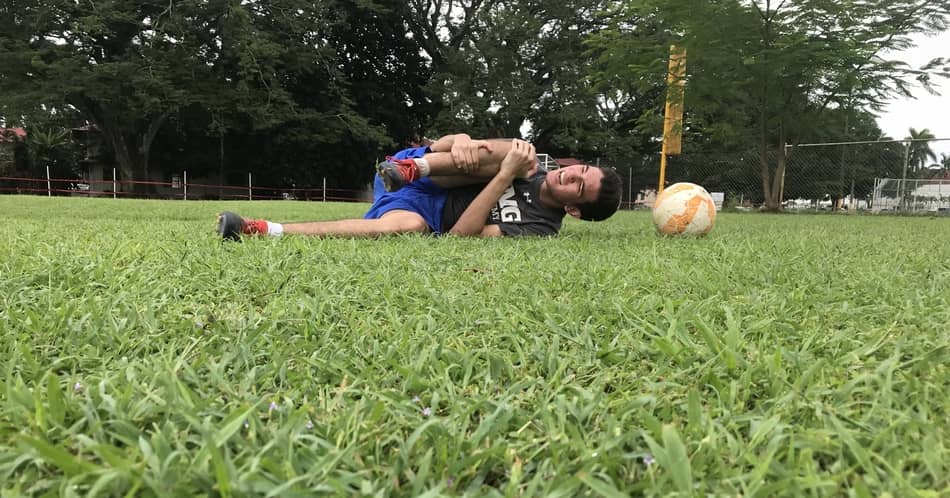
If you are new to soccer this is probably a concept you have never heard of. In other sports where teams can stop the time with timeouts they commonly use them to “cool down” their opponents when they are running over you.
When a player is on a streak of 3’s in basketball the opposite coach usually calls a timeout to make him lose his momentum. The same happens in American Football when a team needs to meet to discuss how they will stop the other team that is constantly getting better in the game.
If you can’t call a timeout or stop the game in soccer, how do you cool down opponents? Soccer players had to use their intelligence to make the game stop and they invented time-wasting.
Time-wasting can be done in many ways. The most common is by simulating and exaggerating a foul as you see in the picture above (that’s me). Normally teams that are winning start to delay the game by staying on the ground for too long to make opponents lose momentum, and prevent them to tie the game. Because the time doesn’t stop running it’s said they’re intentionally wasting it because it keeps running even though the game is not being played.
As a soccer player, I can say there is nothing more frustrating than being down by one goal, your team is in a good moment, but you still can’t tie the game because there is someone losing time intentionally on the floor while the time keeps running. It sucks but at the end of the half referees will compensate for that time at stoppage time and the end of the game will be even better.
It’s funny because most people that rarely watch soccer can’t understand why soccer players are so dramatic. The answer is not that simple, but it has to do with wasting time. I wrote an article with The Reason Why Soccer Players are So Dramatic and Fake Injuries? Take a look at it and maybe you’ll understand a lot more why some players act in that way.
Time-wasting in soccer is sanctioned with a yellow card. This is commonly seen when goalkeepers take too long to make a goal kick. Time-wasting is also vastly rejected by most fans and players, which is one of the reasons so many people hate Neymar jr, one of the masters at time-wasting.
It’s all about tactics. If you are on the losing side, obviously time-wasting will frustrate you. But if your team is winning, believe me, you’ll want them to do it. In the end, that’s what stoppage time is for, to compensate for that “dead time” during the game.
The controversy behind stoppage time
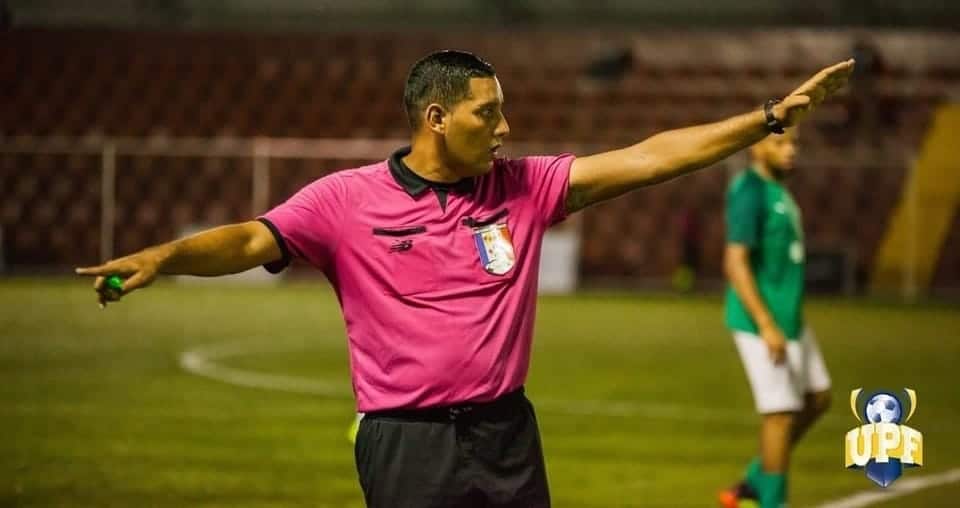
As you have seen, this a rule that can be very subjective to the referee’s criteria. In other sports, there is no discussion of when the game ends because it simply terminates when the clock marks 0s. In soccer you don’t know when it will end, the referee decides. You don’t have to be a fan of soccer to think that this can end up badly one day.
In fact, it has ended badly many times. There are teams that have lost games after the added time by the fourth referee already finished. We’ve also seen referees give too much time in comparison to the real amount of time that was lost during that half just to give the losing team more time to tie the game.
What’s worse is that normally it is a decision made by the referee that is hard to appeal because the stoppage time that a player or coach considers must be added will change depending on their perspective of the game.
Again, the only thing I can say is that these imperfections are what make soccer beautiful. Having your team score a game-winning goal in stoppage time is one of the most exciting things you’ll see in sports.
Cooling Breaks
One of the reasons why soccer is considered to be one of the most physically demanding sports is that there was no chance during halves for players to at least hydrate. Players had to be able to play for 45 straight minutes without rest. This is why if you practice soccer I really advise you to take a look at my article on How to Improve your Stamina for Soccer in a Month.
In other sports, you could call a timeout where the players could rest for a few seconds and hydrate. In soccer, they never did anything like this until the World Cup of 2014.
During the world of this year in Brazil, FIFA realized players would be playing at extremely high temperatures in humid weather, which would make things even more physically demanding, but to a point, it wouldn’t even be healthy for the players.
For this reason, they decided to introduce a period during the half of each half that had a duration of a max of 3 minutes for players to hydrate. But guess what? Even then they didn’t permit time to be stopped. I really don’t understand why. Referees had to add the time lost during the cooling breaks to the end of each half.
After the World Cup, cooling breaks continued being used and are still implemented today. Just wanted to mention this because it is as close as it gets to a timeout in other sports. However, it’s different because teams can’t call a cooling break, it’s the referee who determines when the players can hydrate.
Should the time stop?
Frankly, I think there are situations where time can perfectly be stopped where the essence of the game won’t be changed at all. I simply don’t understand why they won’t permit referee’s to do it.
One great example is the last one I mentioned about the cooling breaks. For me, it makes no sense for time to keep running when you are letting players hydrate. FIFA says they compensate it in the allowance time. However, I think it makes no sense! Just stop the time and make it run again when you resume the game. It’s not that hard.
Another great example where I would pause time is when the referee suspends the game because of bad weather. I’ve seen games been suspended because of a storm and they let the time keep running in case they can resume the game some minutes later. Again, this makes no sense, are you going to compensate half an hour of stoppage time if the storm goes away? Just stop the clock and restart it after the bad weather goes away.
What about overtime?
I didn’t want to talk about overtime in the rest of the article because it will maybe make it more complicated to understand. Normally, a soccer game can end up in a tie. However, there are times there needs to be a winner (like in a playoff). Depending on the rules of the tournaments, teams will play two extra times of 15 minutes or go directly to penalty kicks.
In overtime, time works exactly the same way as in regular time. At the end of each overtime half (15 minutes) the referee will give allowance for time lost during that half. The difference is that in the halftime of overtime they don’t give players 15 minutes to rest as in the regular half time. The referee asks them to change halves, take a sip of water and start the second complementary half.
I’ve heard many professional players say they are against extra time. They claim that the people that make the rules don’t understand how physically demanding it is to make players play an extra 30 minutes after forcing them to play basically 90 minutes without letting time stop to help them rest and recover.

